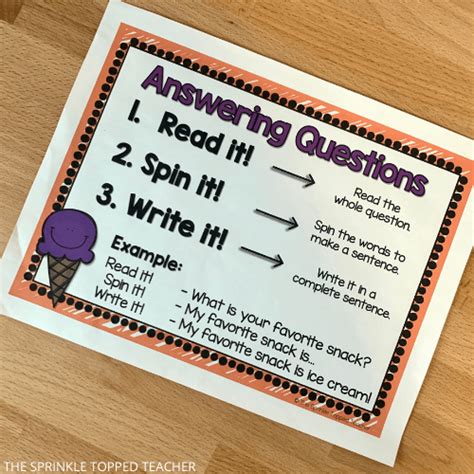Refine Your Communication: Restate Questions for Clarity and Understanding
Effective communication is the cornerstone of successful relationships, both personal and professional. A crucial, often overlooked, element of this skill is the ability to restate questions. It's more than just repeating what someone said; it's a powerful technique to clarify meaning, build rapport, and demonstrate active listening. This practice significantly enhances understanding and prevents misunderstandings before they escalate.
Why Restate Questions?
Restating questions isn't about being pedantic; it's a strategic approach to communication that offers several significant benefits:
- Confirmation of Understanding: By restating a question, you ensure you've accurately grasped the speaker's intent. This prevents misinterpretations and ensures you're both on the same page.
- Clarification of Ambiguity: Sometimes, questions are phrased vaguely or contain jargon. Restating helps pinpoint the core issue and eliminate any confusion.
- Demonstrating Active Listening: Restating shows the speaker you're paying attention and genuinely invested in their message. It fosters trust and builds a stronger connection.
- Buying Time to Formulate a Response: If you need a moment to formulate a thoughtful answer, restating provides a natural pause without interrupting the flow of conversation.
- Encouraging Further Elaboration: The act of restating can prompt the speaker to provide more detail or context, leading to a richer understanding.
How to Effectively Restate Questions
The key is to restate the question in your own words, focusing on the core meaning. Avoid simply parroting the original phrasing. Here are some effective techniques:
- Summarize the Main Point: Capture the essence of the question in a concise and clear statement. For example, instead of repeating "So, what are your thoughts on the new marketing strategy?", you could say, "I want to understand your perspective on the effectiveness of the new marketing plan."
- Paraphrase Using Different Terminology: Replace jargon or complex words with simpler alternatives to ensure everyone understands. If someone asks, "What's the ROI on this project?", you could restate it as, "What's the return on investment we can expect from this project?"
- Break Down Complex Questions: If the question is multifaceted, break it down into smaller, more manageable parts. Address each component individually to ensure thorough understanding.
- Confirm Key Details: Focus on the most crucial aspects of the question. For instance, if someone asks about deadlines, ensure you understand the specific deliverables and the timeframe involved.
- Use Open-Ended Phrases: Start your restatement with phrases like, "So, if I understand correctly...", "To clarify...", or "In other words...". This softens the restatement and shows your intent to collaborate.
What are some examples of restating questions?
Here are a few examples showcasing different scenarios and techniques:
Scenario 1: Someone asks, "Did you finish the report by the deadline?"
Restatement: "You're asking if I completed the report by yesterday's deadline?"
Scenario 2: Someone says, "Can you explain the new algorithm's impact on SEO?"
Restatement: "I'd like to understand how the changes in the algorithm affect search engine optimization."
Scenario 3: A colleague asks, "What are the potential risks and opportunities related to expanding into the Asian market, and what are the best strategies to mitigate those risks?"
Restatement: "Let me make sure I understand. You're asking about the risks and opportunities of Asian market expansion and the strategies to reduce the risks. Let's break that down. First, what are the potential risks...then opportunities...and finally, mitigation strategies."
What are the benefits of restating questions in a professional setting?
In professional contexts, restating questions is crucial for effective teamwork, client communication, and conflict resolution. It ensures everyone is on the same page, reduces misunderstandings, and fosters a collaborative environment. By demonstrating active listening and a commitment to clarity, you build trust and enhance professional relationships.
How does restating questions improve communication in personal relationships?
In personal relationships, restating questions builds empathy and strengthens connections. It shows your partner you're truly listening and understanding their perspective, fostering deeper intimacy and reducing conflict arising from miscommunication.
By mastering the art of restating questions, you significantly improve your communication skills, build stronger relationships, and avoid costly misunderstandings. It's a simple yet incredibly powerful tool for clearer and more effective communication in all aspects of your life.

